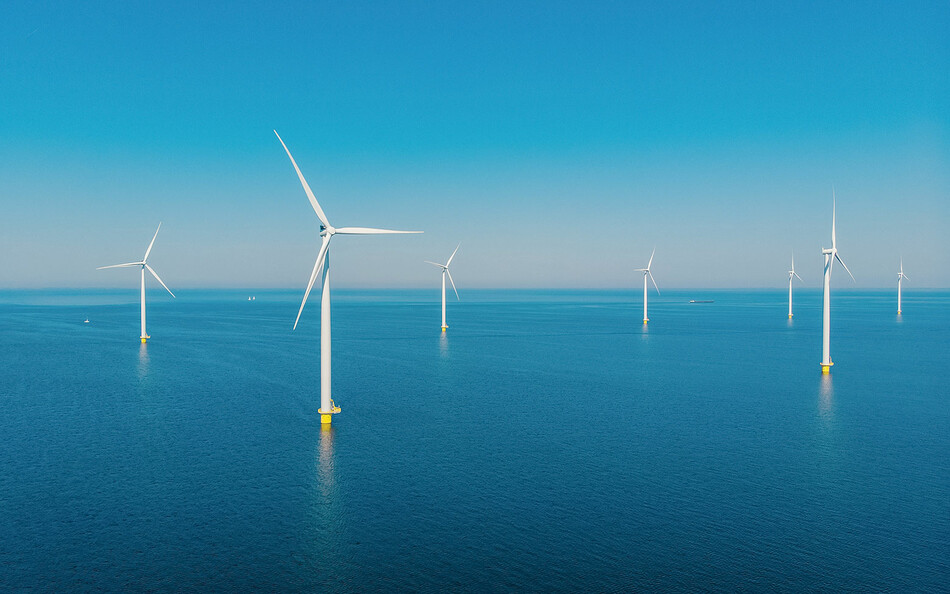Pop quiz: Is it true that solar and wind farms will never be entirely reliable sources of energy? That they pose serious risks to the health of humans and wildlife? That transitioning to a green economy is costing the US jobs?
In fact, all of these claims, which circulate widely on social media and in the news, are false or misleading, according to a report published by Columbia’s Sabin Center for Climate Change Law. The report, edited by Sabin Center research fellows Matthew Eisenson and Jacob Elkin ’21LAW, identifies thirty-three of the most common misconceptions about renewable energy and debunks them with peer-reviewed scientific evidence and government data.
Some of the claims examined in the publication, such as the notion that solar panels emit dangerous levels of electromagnetic radiation, are entirely unsubstantiated. (The amount of radiation is similar to that produced by a toaster oven.) Others have some factual basis but are commonly repeated without necessary context: for example, the fact that wind turbines kill 250,000 birds per year is often cited without the context that millions more are threatened by extreme weather, shrinking habitats, and other effects of climate change. Disinformation campaigns funded by the fossil-fuel industry, meanwhile, continue to sow confusion about the economics of renewable energy: job losses in coal, gas, and auto manufacturing are routinely criticized without acknowledging that the US energy and automotive sectors are expected to see a net gain of millions of jobs as they embrace green technologies. Similarly, solar and wind power are often derided as hopelessly unreliable despite rapid advances in battery storage that may soon enable them to function without fossil-fuel backup.
The authors, who include a large team of Sabin Center researchers, say their intention is not to suggest that the transition to renewable-energy systems is without challenges but rather to promote more informed debate about urgent policy matters. Disinformation campaigns, they write, are often highly effective at derailing renewable-energy projects. For example, they note that in New Jersey, public support for offshore wind turbines plummeted from 76 percent in 2019 to 54 percent in 2023, likely because of a coordinated campaign by wind opponents asserting that the turbines generate sounds that are harmful to whales. Scientists at the National Oceanic and Atmospheric Administration determined that the rumors are baseless, but they have persisted nonetheless.
“By contrast, offshore oil and gas drilling routinely harms marine life,” the Columbia researchers write.
This article appears in the Winter 2024-25 print edition of Columbia Magazine with the title "Don’t believe everything you read about renewable energy."



